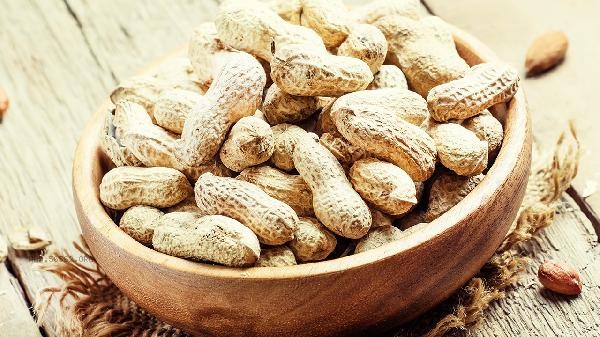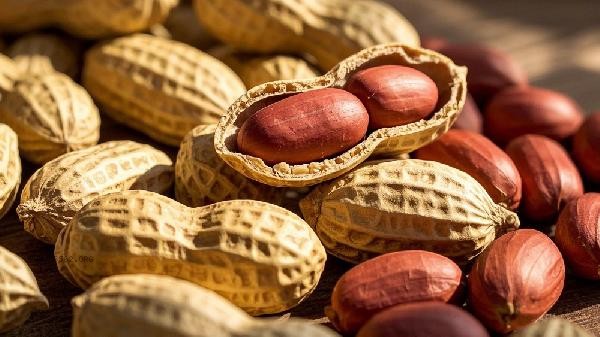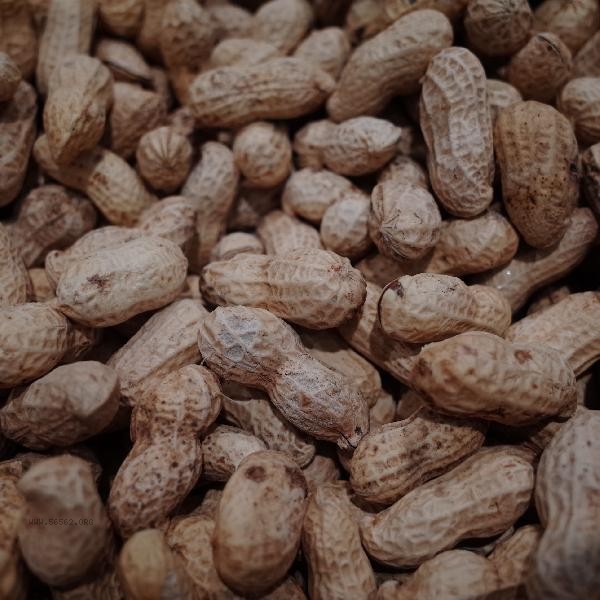Peanuts can be stored in the refrigerator compartment, but they need to be sealed and moisture-proof. Peanuts are rich in oil and protein, and refrigeration can delay oxidation and spoilage, but humid environments can easily lead to mold growth or poor taste. When storing peanuts for a short period of time, refrigeration can effectively inhibit the growth of harmful microorganisms such as aspergillus flavus, especially for peeled peanuts. It is recommended to pack the dried peanuts into a sealed jar or vacuum bag, exhaust the air, and place them in the vegetable and fruit compartment of the refrigerator, with a temperature controlled at around 4 ℃. Shelled peanuts can be stored for longer due to their protective shell, but if the shell is damaged, it should be consumed as soon as possible. After refrigeration, peanuts can be consumed directly or baked in an oven at low temperatures to restore their crispness. If the refrigeration environment has high humidity or the packaging is not tight, peanuts may absorb moisture and cause mold growth, producing carcinogenic substance aflatoxin. Peanuts that have sprouted or have black spots on their skin are not edible. During the southern rainy season or when seasoning peanuts that have already been opened, more attention should be paid. It is recommended to pack them into small portions and freeze them for safer storage.

Peanuts, as a high nutrient ingredient, are prone to nutrient loss and safety hazards if stored improperly. Except for refrigeration, peanuts with shells should not be stored in a cool and ventilated place for more than three months. Before daily consumption, it is necessary to observe whether there is a halal taste or mold spots. Eating with mixed grains can improve protein utilization, but people with allergies should be cautious.











Comments (0)
Leave a Comment
No comments yet
Be the first to share your thoughts!